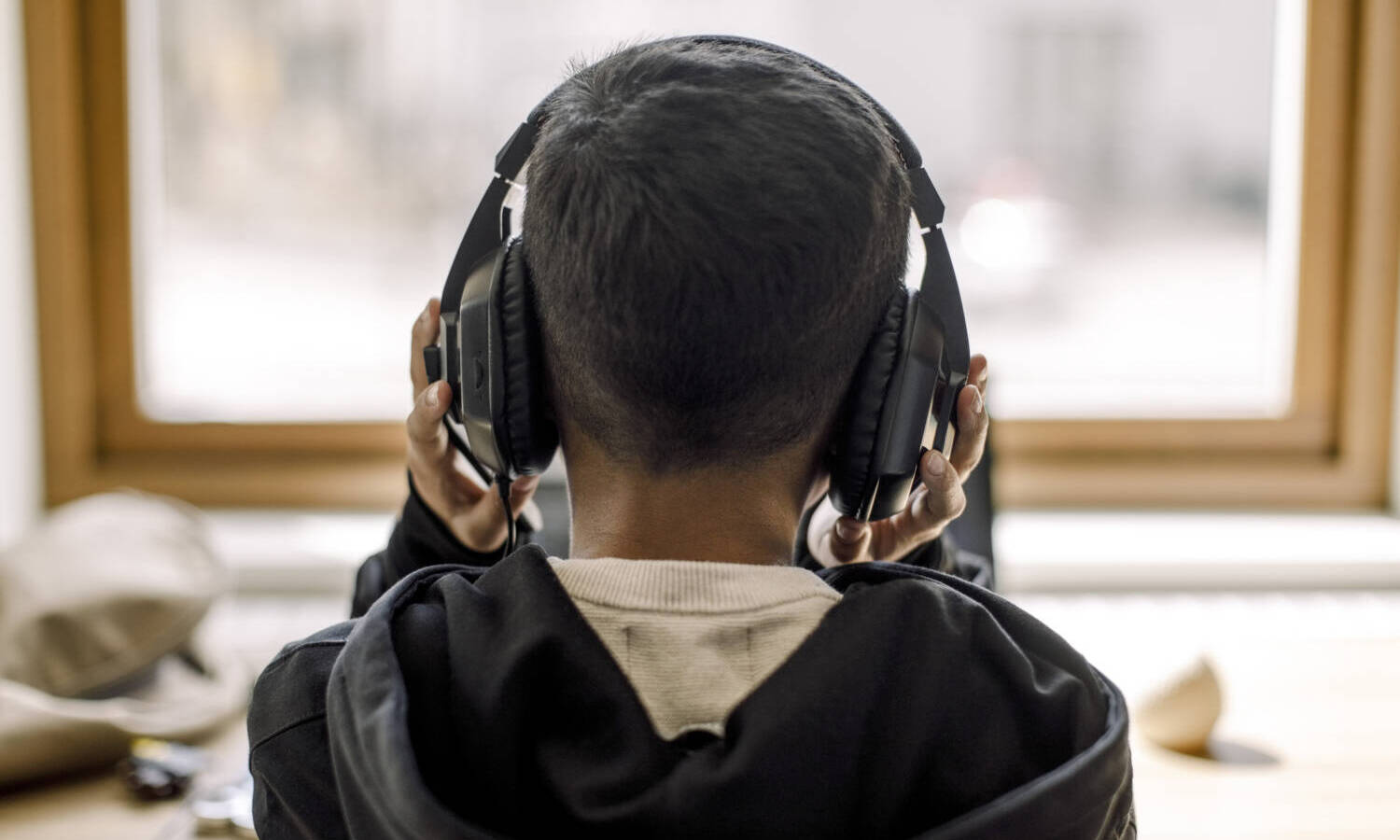Researchers hope that this may have the effect of both encouraging further exploration of medical cannabis use for autism, and lead to a better type of cannabis being used.
As cannabis becomes less stigmatized, the autism community is exploring treatments that are more accessible and less pharmaceutical.
So far, a number of studies have confirmed that medical cannabis helps alleviate behavioral problems in children with autism.

A 2019 study published in the Journal of Autism and Developmental Disorders, for example, found that the use of cannabidiol-rich cannabis improved behavioral outbreaks in 61% of patients in a study of 60 children on the autism spectrum.
An Israeli study, published in the journal Nature in 2019, proved the same. A total of 188 patients with the same condition had been treated with an oil containing 30% CBD and 1.5% THC between 2015 and 2017. The oil appeared to be “well-tolerated, safe and effective.”
THC More Effective Than CBD
However, Israeli scientists took it a step further, suggesting that THC is the more promising cannabinoid than CBD to treat the disorder.
RELATED: Israeli Study Shows Marijuana May Relieve Autism Symptoms
Researchers said a new study, published in October, that cannabis is poised to change the direction of autism treatment.
After studying a large mouse model for autism, Tel Aviv University researchers came to the conclusion that tetrahydrocannabinol (THC) may be more effective than CBD.
Researcher Shani Poleg told The Times of Israel that the studies currently underway “mostly don’t focus enough on the details of what it is in the cannabis that may be helping people.”
Poleg added that THC was more effective in her comments on the results of preliminary research, supervised by Prof. Daniel Offen and recently peer-reviewed and published in the journal Translational Psychology.
“The main difference was that THC treatment also improved social behavior, not only repetitive, compulsive behavior,” she said.

Poleg explained that the cannabis oil given to the mice contained small amounts of THC.
“We observed significant improvement in behavioral tests following treatments with cannabis oil,” she said, adding that there were “no long-term effects in cognitive or emotional tests conducted a month and a half after the treatment began.”
RELATED: The Potential Of CBD And Cannabis Within The Anxiety And Autism Community
However, the mutation that caused autism in Poleg’s mice is found in a small minority of human autism cases.
“But we hope that this may have the effect of both encouraging further exploration of medical cannabis use for autism and lead to a better type of cannabis being used,” Poleg concluded.
This article originally appeared on Benzinga and has been reposted with permission.


